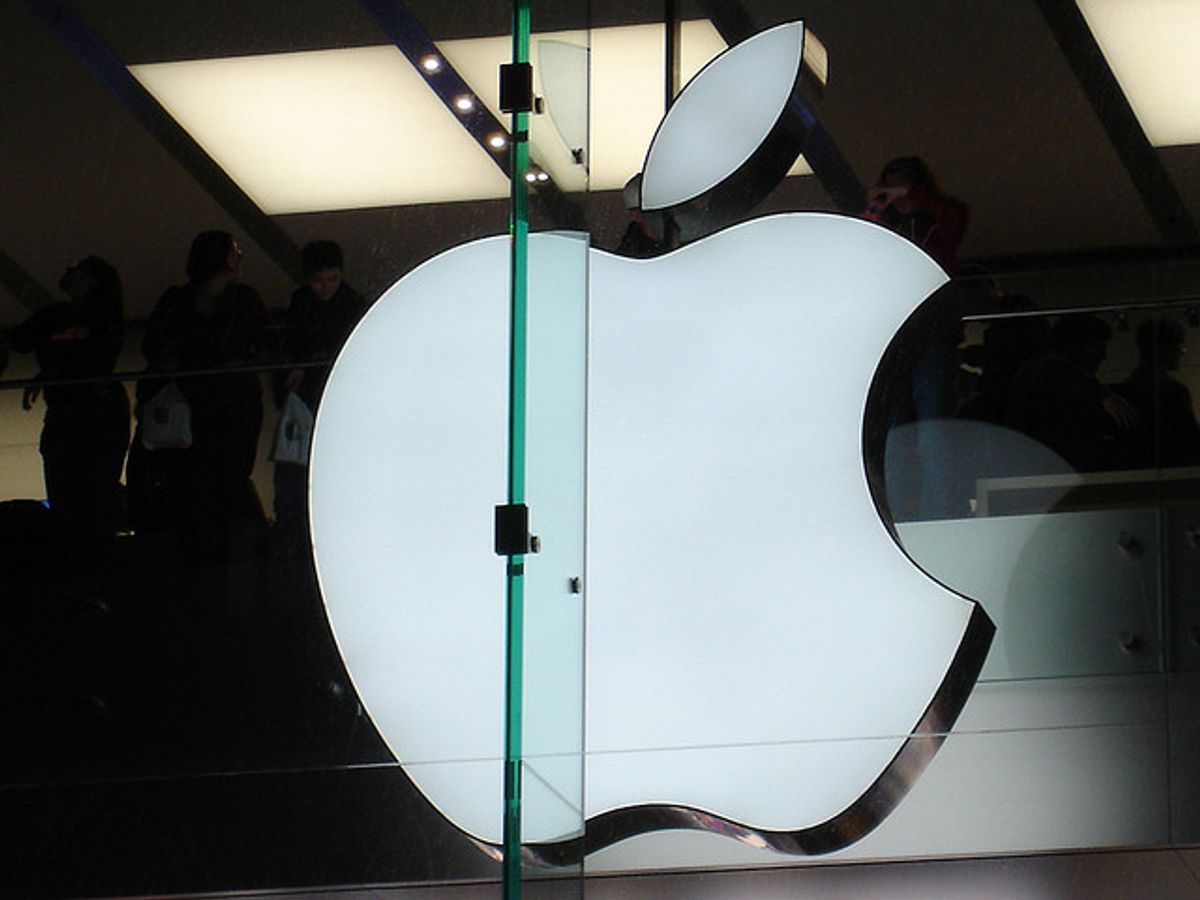NEW YORK (AP) -- Apple is opening the doors to its bank vault, saying it will distribute $100 billion in cash to its shareholders over two years. At the same time, the company said it expects sales for the current quarter to fall from the year before, which would be the first decline in many years.
Apple Inc. on Tuesday said it will buy back $60 billion in shares - the largest buyback authorization in history. It is also raising its dividend by 15 percent.
Investors have been clamoring for Apple to give them access to its cash hoard, which ended March at an unprecedented $145 billion. Apple's tight grip on its cash has been blamed for the steep decline in its stock price over the winter.
News of the cash bonanza coincided with the company's release of a poor quarterly outlook for the three-month period that ends in June. The June quarter is generally a weak one for Apple, since consumers tend to hold off for the next iPhone, which the company usually releases in the fall.
Apple shares rose $18.87, or 4.6 percent, to $425 in extended trading. The shares are still down 40 percent from the peak hit on Sept. 21, when the iPhone 5 went on sale.
"The decline in Apple's stock price over the last couple of quarters has been very frustrating for all of us, but we'll continue to do what we do best," CEO Tim Cook said on a conference call with analysts after the release of the results. But he reinforced that the company's job is not to boost its stock price.
"The most important objective for Apple will always be creating innovative products," he added.
Apple posted results for its latest quarter that beat expectations, though it posted its first profit decline in ten years.
Net income was $9.5 billion, or $10.09 per share, down 18 percent from $11.6 billion, or $12.30 per share, in the same period a year ago.
Revenue was $43.6 billion, up 11 percent from last year's $39.2 billion.
Analysts were expecting earnings of $9.97 per share on revenue of $42.3 billion for the latest quarter, according to FactSet.
Apple started paying a dividend last summer and has been buying back a modest number of shares, enough to balance the dilution created by its employee stock option program but not to make a dent in its cash pile. The company says it's now expanding the buybacks from $10 billion to $60 billion.
The company has faced continued pressure from Wall Street over the use of its cash, which earns less than 1 percent in interest. Investors reason that if the company has no good use for the money, it should be handed over to shareholders. The company said it was considering ways to use the money, and this year engaged in a public debate with a hedge fund manager who wanted it to institute a new class of preferred shares.
When a company starts doling out its cash to shareholders, it's usually a sign that its growth is stalling and it's finding it hard to identify good ways to invest in its own business. But Apple is still growing fast by the standards of large companies, and its cash pile-up is a reflection of the extraordinary success of the iPhone.
Judging by Apple's stock price, investors have concluded that Apple will never again launch a revolutionary new product like the iPhone or iPad. The commitment to bigger buybacks may reinforce that impression, said David Tan, a Georgetown University assistant professor of strategy who focuses on technology.
"How are we going to read into what this move says about Apple's long-term prospects?" Tan said. "Does this mean this is all that Apple has left to offer or is this just something temporary while we wait for the next big thing from the company?"
For now, it seems clear Apple's well of innovation has temporarily run dry, but that doesn't mean it won't be replenished soon, Tan said. "What no investor can see is what is happening between closed doors in research and development," Tan said. "R&D is always very secretive. It always takes a very long time between the inception of an idea and commercializing a product."



Shares